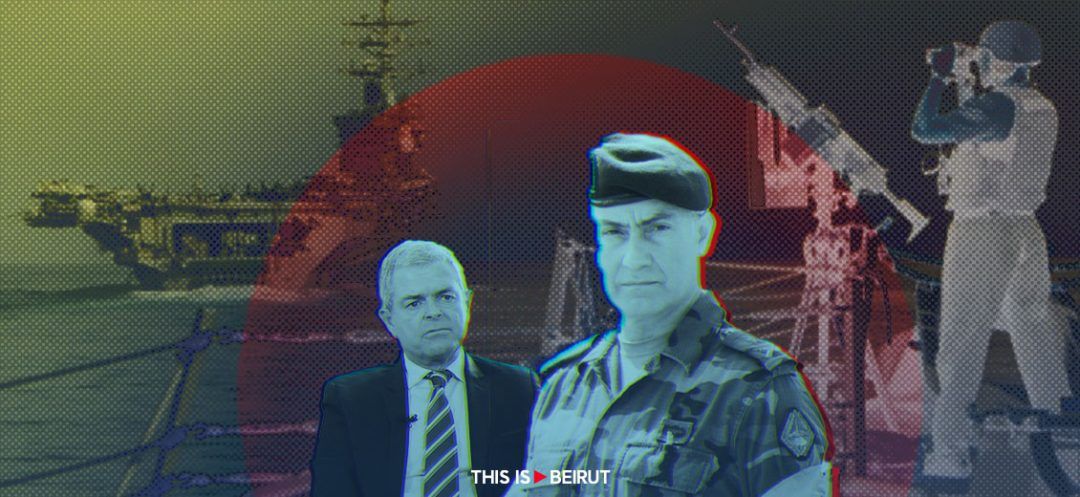- Home
- Middle East
- Yemen: Chronicle of a Strike Foretold

The recent strikes by the United States and the United Kingdom against the Houthis in Yemen have led to increased tension in the Middle East. An analysis of this regional escalation through the insights of Khalil Helou, a retired general and university professor in geopolitics, and retired General Maroun Hitti.
Tensions in the Middle East reached a new peak with the joint strikes by the United States and the United Kingdom against the Houthis in Yemen on Thursday night. Western powers conducted a targeted military operation in response to the repeated attacks by this Iran-backed movement. This initiative raises crucial questions about regional implications and the adopted strategy. Over 100 precision missiles struck 60 targets at 16 sites during an attack involving fighter jets and Tomahawk missiles, according to the US Central Command.
Planned Strike
In an exclusive interview with This is Beirut, Khalil Helou, a retired general and university professor in geopolitics, emphasized the American-British intention to strike the Houthis without inflicting significant human losses. "When a strike is announced (as Anglophone media did on Thursday night), it is to tell the enemy to hide," he explained. This limited approach aimed to deter the Houthis while preserving the free flow of goods in the Red Sea, through which 12% of international trade transits.
General Helou noted that the strikes were carefully planned, using high-precision means to reach specific objectives. "Each destroyer can carry a hundred very high-precision missiles — ballistic or cruise. It is likely that they have hit their targets in a very localized manner," General Helou pointed out. However, he emphasized that, even though the Houthis suffered a significant blow, it might not necessarily silence them.
Retired General Maroun Hitti insisted on the need for a more decisive Western response to Iranian claims. "One must strike at the head and stop hitting the tentacles that grow back," he emphasized, describing the American-British action on Friday as a "timid strike." He also noted that the current limited strikes could be perceived as "a sign of weakness" by Iran-supported factions.
Regional Escalation?
Regarding the question of regional escalation, General Helou noted that the event could give Israel more freedom of action in Lebanon. "The Americans, who previously prevented the Israelis from intervening in Lebanon through a ground operation, may now let them do so," he estimated. This development could have major implications in an already unstable region.
General Helou also mentioned the complexity of international relations in this crisis, with the Americans repeatedly stating that they do not want an open conflict with Iran, which supports its proxies, such as the Houthis in Yemen and Hezbollah in Lebanon. "Wars are almost never wanted by the belligerents, who arm themselves to the teeth to deter the opponent," General Helou stated. However, he emphasized that the spiral of events could eventually surpass the point of no return.
The international reaction to these strikes has been diverse, with calls for restraint from several countries, including China and Saudi Arabia. While the United States and the United Kingdom seek to contain the Houthi threat, the region remains in a delicate situation, on the brink of escalation. The detailed analyses of General Helou underscore the need for a strategic and concerted approach to resolve this multi-layered regional crisis.
Read more




Comments